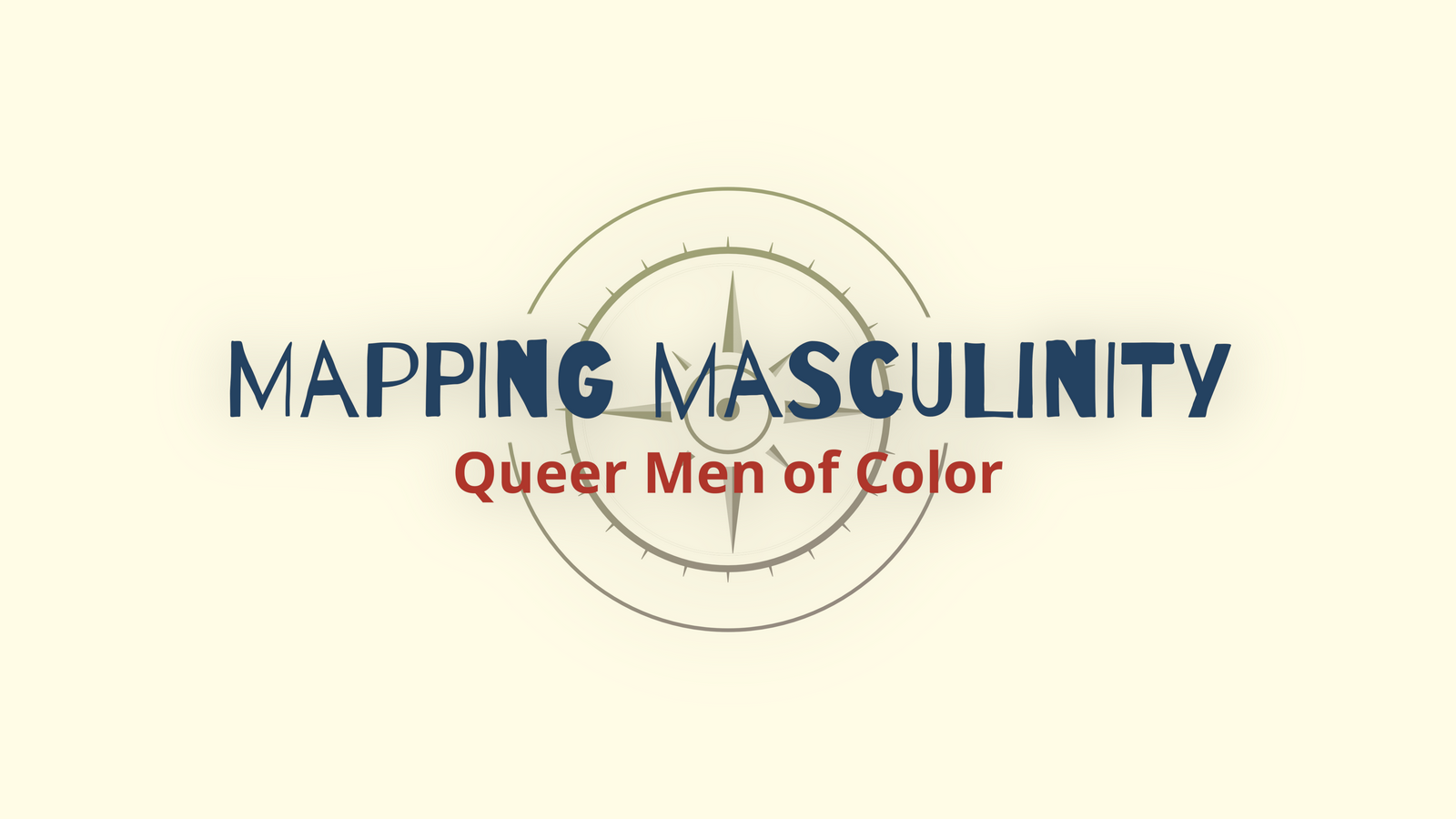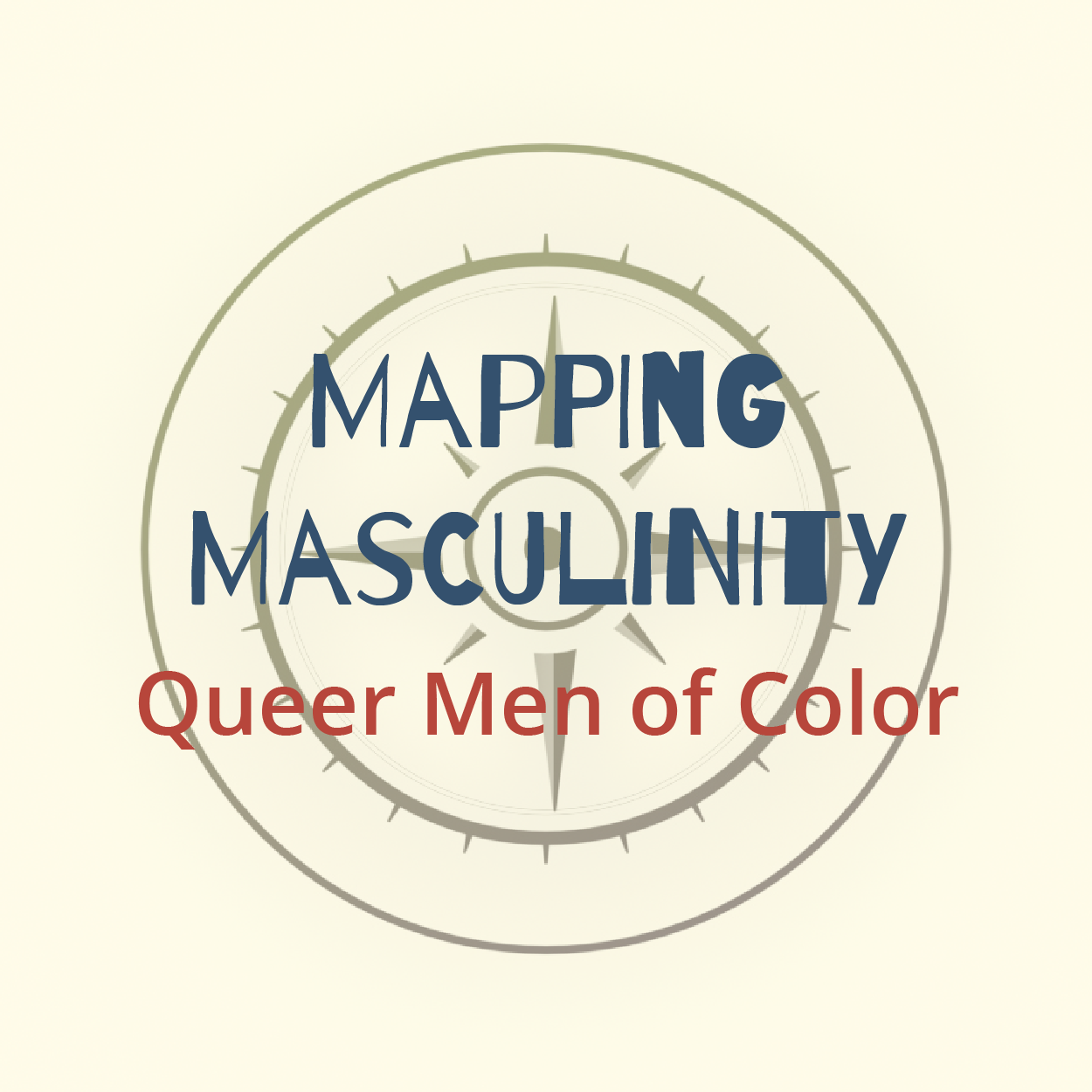



Queer men of color talk one-one one about masculinity.
When we set out to inquire about intersectional masculinity, we spent a lot of time processing our questions. In most cases, we had access to individuals ahead of the interview, so we had long, deep discussions with each. However, there were some great folks available only to film, at times spontaneously. We created a line of inquiries that felt parallel with our desire to dismantle distrust, to witness the unraveling of many stories, and honoring the partnership of the process, each interview at a time. We made sure that these tools where working toward achieving the same goal, in practice, for those who spoke with us multiple times, or just during an interview.
As we began filming, we realized that most men who spoke to us kept reiterating the lack of experience discussing these topics with others in the manner in which we did. We often heard “I have never told anyone that before”, “I was not planning on saying that”; “I felt more comfortable than I thought I would”; “I have never talked to another man about this, or in this way”; “Why do I have no other experiences like this?”; “Why do I not discuss this with my queer male friends?”; “I only talk to my [one] best friend about these things”. The discomfort and release were also palpable as we witnessed fidgeting, crying and other acknowledgments for stopping because we had entered a space unknown for the individual. And as we hugged each participant at the culmination of each visit, we realized that the inseminating of our social circles with these exercises is essential.
We do not want to have these moments of clarity, trust and healing just with us, we want every other space to have the same opportunity.
Thus, we had two best-friends chat in front of our cameras. We gave them our general prompts of why intersectional masculinity has a powerful perspective to give us insight into masculinity in the world that leads to supremacy, misogyny, violence, scarcity and distress. We asked them if they had ever discussed their own sense of gender with each other, how they may perform their masculinity, how it hinders their experience, how it empowers them, and conversation ensued.
Once we witnessed this processed without further facilitation, we knew we tapped into a beautiful heart-centered exercise that happened to be filmed. The filming part felt almost irrelevant (although, it is what you get to witness here), but knowing that other two individuals, who were not best friends, or know each other at all, could have these very discussions together, and create a sense of companionship and empathy because of it, made our hearts fill with joy.
It turns out, we were onto something.
All of these conversations are with men - trans, queer, and cis - who identify as BIPOC, and, or immigrants in the United Statian experience.